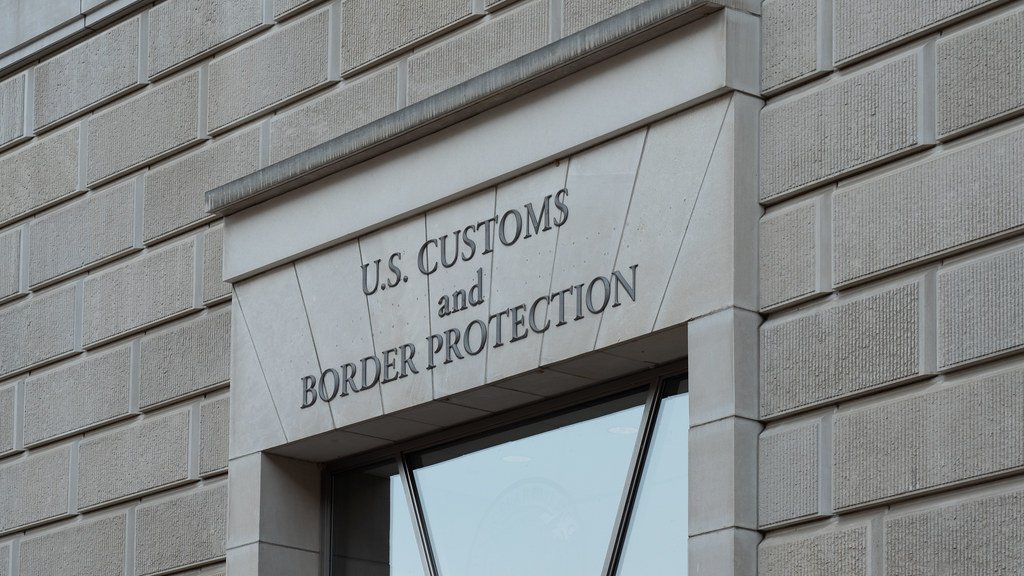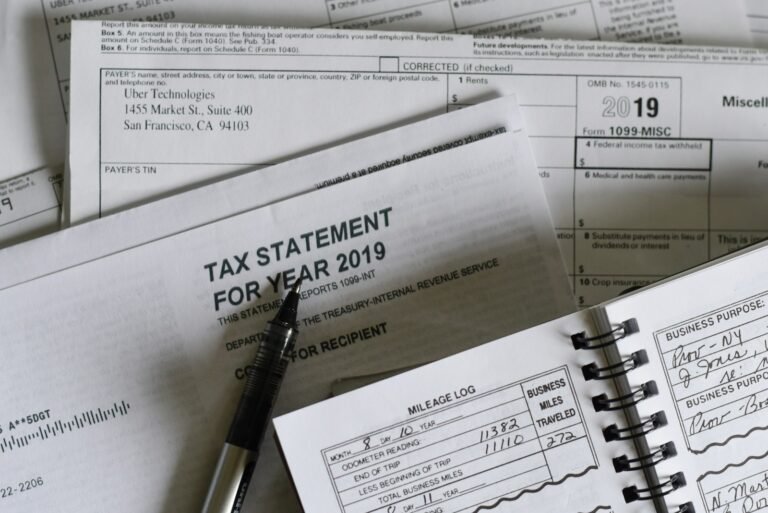
NEW YORK — New York Attorney General Letitia James is challenging new federal regulations that permit U.S. Immigration and Customs Enforcement (ICE) to conduct arrests within federal immigration courthouses. In a legal document submitted on Tuesday, James requested a federal court to stop the implementation of these policies, labeling them as illegal and hazardous.
Submitted in the case African Communities Together v. Lyons, the amicus brief contends that the Biden administration’s broadened powers for ICE to detain immigrants in courthouse environments and dismiss their cases without prior notice endangers public safety, disrupts families, and weakens the justice system.
“Courthouses are dedicated to the pursuit of justice, not targeted harassment and arrests,” said Attorney General James. “With these cruel and unlawful courthouse arrests, the federal government is weaponizing fear to push immigrants into the shadows, drive families apart, and risk everyone’s safety.”
James contends that the policy deters immigrants from participating in court proceedings, not only in immigration court but also in state and local courts. According to her office, many immigrants may fear coming forward to testify in criminal trials, seek restraining orders, or attend custody hearings—ultimately making it harder to hold offenders accountable and protect victims.
The summary emphasizes the wider implications of such enforcement actions, contending that they foster a sense of fear within immigrant communities. According to James, this fear causes families to shy away from essential services like health care and education, leaving children exposed to trauma, instability, and lasting psychological damage. In one instance mentioned, a child tragically passed away after their parents hesitated to seek medical help due to concerns about immigration enforcement at the hospital.
The document highlights the economic and social significance of immigrants in New York, where around 640,000 undocumented individuals play a crucial role in the workforce, contribute taxes, and engage actively in their communities. James argues that arbitrary arrests disrupt families and exert extra strain on state social services, educational institutions, and health care systems.
James also referenced previous legal successes that shielded immigrants from ICE enforcement within New York courthouses. In 2020, her office achieved a significant ruling that prohibited ICE from conducting civil immigration arrests in and around state courthouses. That same year, New York passed the Protect Our Courts Act to formalize these protections into law.
Nevertheless, the recent federal policies reintroduce many of the same practices that were previously invalidated in state courts—this time focusing on immigrants in federal immigration court environments.
James is calling on the U.S. District Court for the Southern District of New York to halt the enforcement of the policy while the case is being litigated, stressing the importance of protecting immigrant rights and maintaining the integrity of the judicial system. “This isn’t just about immigration,” James said. “It’s about ensuring equal access to justice for all New Yorkers.”



